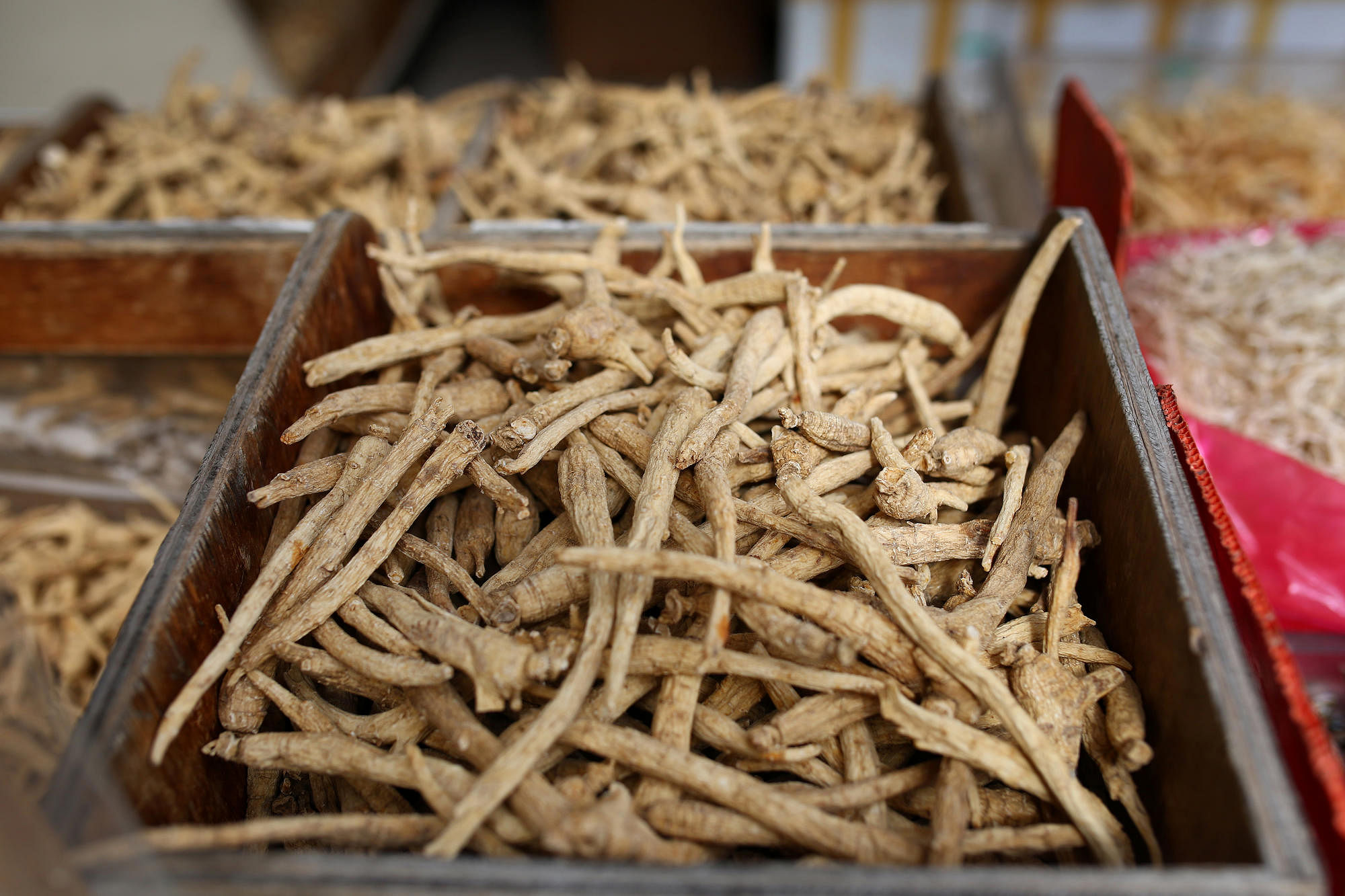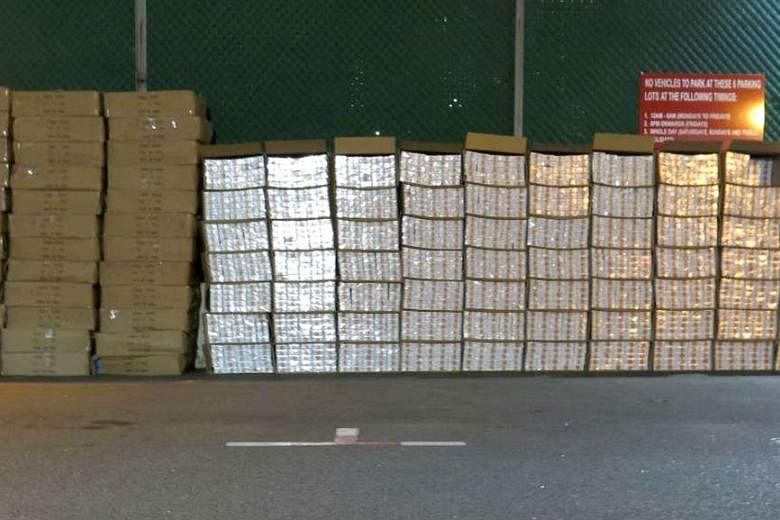SINGAPORE - On Monday (Dec 12), the Self-Storage Association Asia (SSAA) reminded customers not to store illegal items at self-storage facilities, after Singapore Customs seized 5,635 cartons of contraband cigarettes at a self-storage facility on Dec 7.
Demand for self-storage is said to be booming here - as households and businesses outsource their storage needs on the back of shrinking living spaces and higher rental costs.
But what do people actually store in their storage spaces?
Here is a look at five cases in Singapore and North America of surprising things found in self-storage facilities .
1. $11-million worth of fake electronics
 Imported counterfeit consumer electronics products worth about $11 million were seized in December 2015 at a storage facility in Serangoon North. PHOTO: SINGAPORE POLICE FORCE
Imported counterfeit consumer electronics products worth about $11 million were seized in December 2015 at a storage facility in Serangoon North. PHOTO: SINGAPORE POLICE FORCE Police seized imported counterfeit consumer electronics products worth about $11 million in December 2015 after raiding a storage facility in Serangoon North.
More than 243,000 trademark-infringing goods were seized, including hard disk drives, mobiles phones and memory cards, and three men were arrested.
2. Sexual enhancement drugs in Geylang
In August 2015, the Health Sciences Authority and the Immigration and Checkpoints Authority raided a storage facility in Geylang, after a 23-year-old Chinese national was seen carrying a parcel with drugs into the unit.
An assortment of sexual enhancement drugs, worth more than $150,000 and intended for resale, were seized.
3. Singapore's very own rice variety

In October this year (2016), the seeds of a Singapore-developed rice variety were deposited in a storage facility on Spitsbergen island in the remote Svalbard Archipelago, located halfway between mainland Norway and the North Pole.
The hardy grain, named Temasek Rice, was placed into what is called a "doomsday vault", which currently stores the seeds of more than 4,000 plant species to regenerate food supplies in the event of catastrophes and as a back-up for other seed banks.
4. Premium ginseng in Ontario

Canadian ginseng farmer Peter VanBerlo stashed away C$2.5 million (S$2.67 million) worth of premium North American ginseng in 546 plastic-wrapped boxes in a storage facility in Ontario, Canada , it was reported in April this year.
He was waiting for payment to be made by his biggest buyer, Hong Kong-listed company Hang Fat Ginseng, before shipping it to China.
The company stopped making payments suddenly in 2015, leaving ginseng farmers in the lurch.
5. An amputated leg in North Carolina

In 2007, a man who bought a barbecue smoker at a storage unit auction in North Carolina found an amputated leg in it.
It belonged to Mr John Wood, whose leg had been amputated after a plane crash in 2004, but who kept it as he wanted to be buried with it.
The leg sparked a feud between the two men after Mr Wood asked for his limb back but its new owner wanted to share ownership of it.
A judge in 2007 ordered that Mr Wood could reclaim his leg, but only if he reimbursed the new owner for US$5,000.
A documentary, Finders Keepers, came out in 2015 about the two men and the tussle over the leg.
Sources: BBC, The Business Times, The New Paper, The Straits Times
Correction note: In an earlier version of the story, we stated that Temasek Rice seeds were deposited in a storage facility in October 2015. It should be October 2016. We are sorry for the error.

